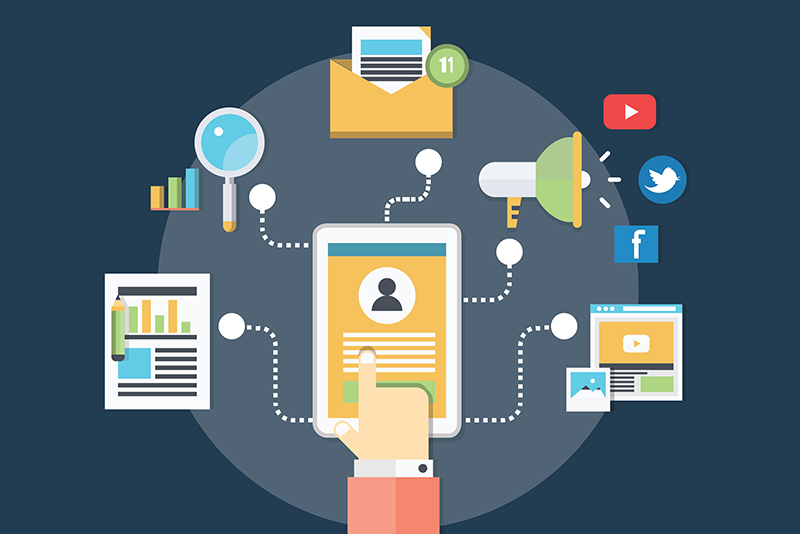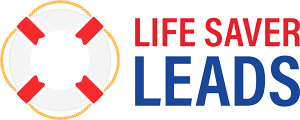Harnessing artificial intelligence (AI) for smarter insurance leads involves utilizing AI technologies to improve lead generation, qualification, and conversion processes in the insurance industry. AI can enhance efficiency, accuracy, and customer engagement, ultimately leading to more effective and targeted acquisition of insurance leads. Here’s a comprehensive guide on how AI can be used for this purpose:

1. Data Analysis and Segmentation:
- Data Processing: AI algorithms can process vast amounts of data to identify patterns, preferences, and behaviors of potential insurance customers.
- Segmentation: AI can categorize leads into various segments based on demographics, behavior, location, and other relevant factors.
2. Lead Scoring and Prioritization:
- Lead Scoring Models: AI can build predictive models to assign scores to leads based on their likelihood to convert into customers.
- Prioritization: AI can help prioritize high-scoring leads for immediate attention and follow-up.
3. Chatbots and Virtual Assistants:
- Customer Interaction: AI-powered chatbots can engage with potential customers, answer queries, and guide them through the insurance process.
- Lead Qualification: Chatbots can assist in qualifying leads by collecting necessary information and gauging interest.
4. Natural Language Processing (NLP):
- Sentiment Analysis: NLP can be used to analyze customer sentiment from online reviews, social media, or feedback to improve marketing strategies and lead targeting.
- Lead Response Optimization: AI can craft personalized responses to leads based on NLP analysis, enhancing engagement and increasing the likelihood of conversions.
5. Predictive Analytics:
- Customer Behavior Prediction: AI algorithms can predict future behaviors of potential customers based on historical data, aiding in targeted marketing and lead nurturing.
- Cross-selling and Upselling: Predictive analytics can suggest additional insurance products or coverage options based on lead behavior and preferences.
6. Machine Learning for Campaign Optimization:
- Optimized Marketing Campaigns: AI can optimize marketing campaigns by analyzing historical data to determine the most effective channels, timing, and messaging for lead generation.
- A/B Testing: Machine learning can automate A/B testing of marketing strategies to identify the most effective approaches for lead conversion.
7. Fraud Detection and Risk Assessment:
- Fraud Prevention: AI algorithms can detect potential fraudulent leads and transactions, minimizing risks for the insurance provider.
- Risk Assessment: AI can assess the risk associated with different leads based on various parameters, aiding in underwriting decisions.
8. Automated Lead Nurturing:
- Email Personalization: AI can personalize email campaigns to nurture leads, providing relevant information and nudging them towards a purchase decision.
- Follow-up Scheduling: AI can automate and optimize follow-up scheduling to maintain engagement and move leads through the sales funnel.
9. Continuous Learning and Improvement:
- Feedback Analysis: AI can analyze feedback and outcomes to continuously learn and improve lead generation and conversion strategies.
- Algorithm Refinement: Regularly refining AI algorithms based on performance data ensures enhanced lead management and conversion rates.
By integrating AI into the insurance industry’s lead generation and conversion processes, companies can achieve higher efficiency, greater customer satisfaction, and improved ROI. It’s essential to continually adapt and refine AI strategies to keep pace with evolving customer behaviors and market dynamics.

Recent Comments